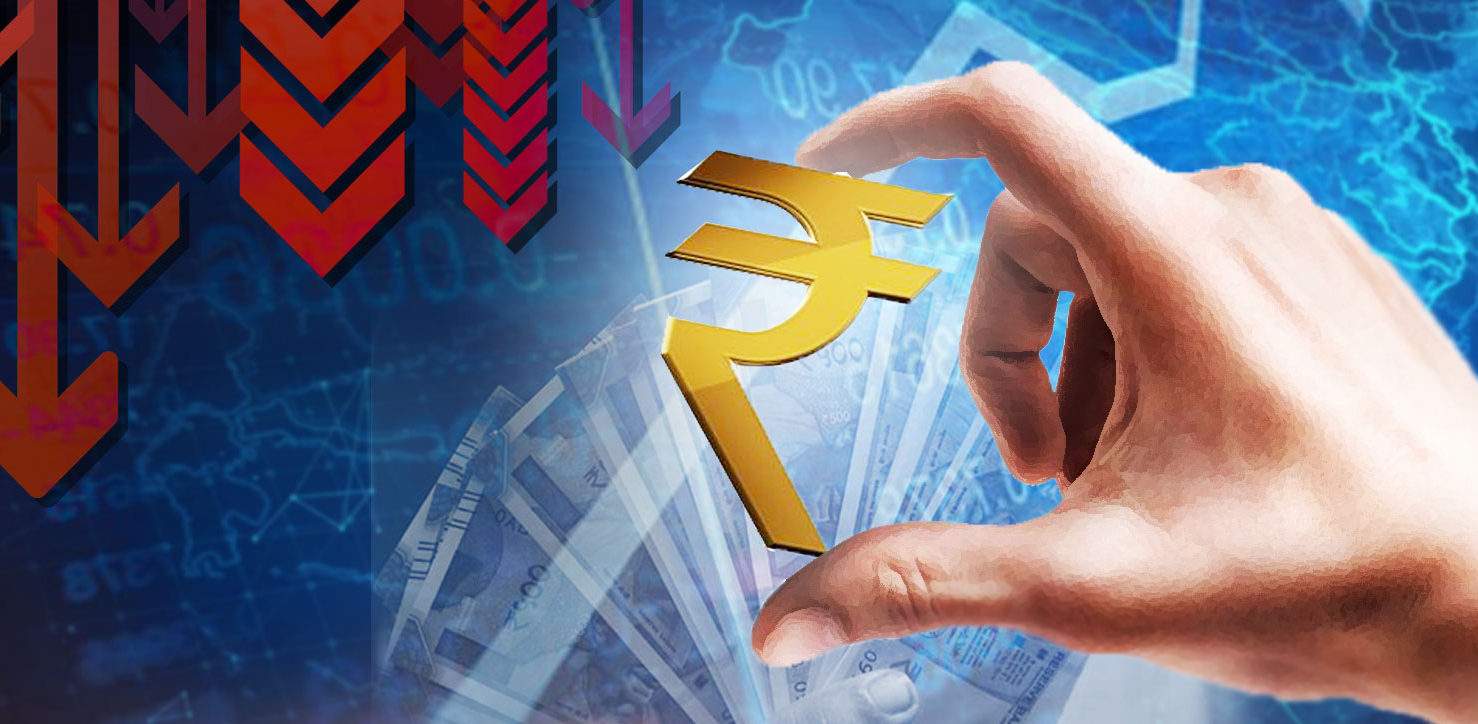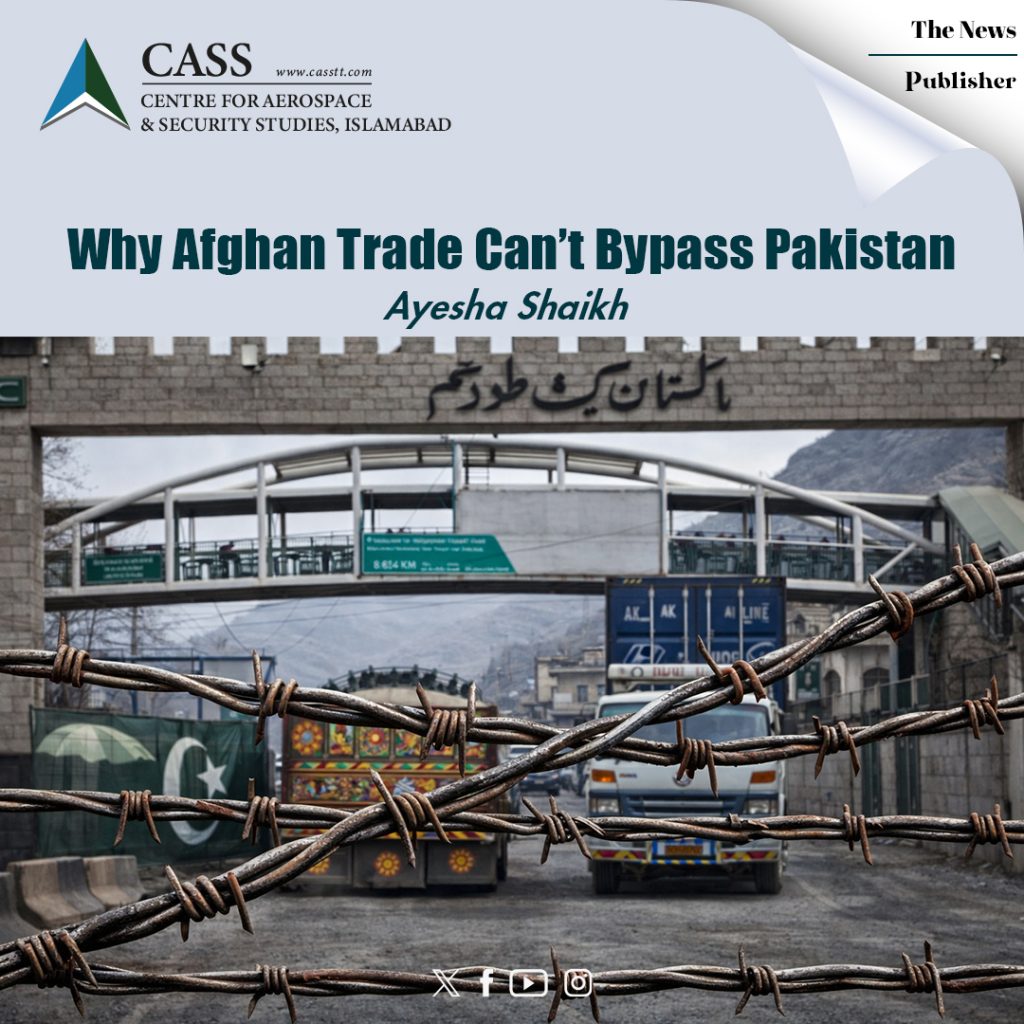The revisionist mind is one that fails to reconcile with prevailing narratives, facts, or experiences. Whether in the outcomes of historical battles or the manipulation of undesirable economic figures, the revisionist mind goes about reworking all aspects that do not concede to its interpretations.
The current government of Republic of India, ruled by ideologues of the Bhartiya Janata Party (BJP), seeks to not simply reinterpret history but also revise its precepts entirely. It similarly discards the rigor of economic statistics to try and fool both the domestic public and investors abroad.
Regarding history, the BJP’s strategy is two-fold. First, it highlights exclusively the contributions of those who cohere with a Hindu Rashtra. Second, it minimises the contributions of any groups they deem “foreign” and re-portray their presence as largely negative and undesirable.
Regarding economics, the BJP’s strategy is also two-fold. First, the BJP unremittingly manipulates and exaggerates the national economic growth statistics of India. What many central bankers and economic analysts, both within and beyond India, have found to be the case is that the BJP has been over-stating its GDP statistics by more than 3 percentage points for countless successive quarters.
In other words, instead of the high and mighty 7 per cent GDP growth they touted to the world, they were growing at nothing more than 4 per cent. This is a much bleaker reality that the BJP has sought to conceal through manipulation. At the very least, it is nothing remarkable and certainly not worth the constant harping of a self-professed “economic tiger.”
Second, once the illusion of their growth became untenable, the BJP tried to ascribe the blame for this to the Congress party, and even to Pakistan. Recently, the myth of the juggernaut economy appeared to unravel as unemployment figures hit a historic high (6.1%, well above the historical mean of 3%). But further still, industrial output has been in decline, inflation has risen, and even runs on some of the Indian banks seem imminent.
The irredentist element in this is that the BJP shifts the blame to everyone but themselves, and insists to its increasingly radicalised base that “traitors” and “foreigners” have left them unredeemed. If these [Muslim] foreigners were to disappear, then clearly the economy would soar. If the BJP could have its way with everything, then only would India return to glory.
Invariably, they despise the reality that they shall not attain their glorious destiny of a five trillion dollar economy in the time frame that they had been touting. Congress is squarely to blame for this, not to mention its Pakistani benefactors, and the time has come for the thorns in their side to be eradicated.
What must be gleaned from economic example is that the nature of the revisionist mind is such that it permeates all walks of life and must be warned against not just in the spheres of history, politics, violence, and geography but must be guarded against and unveiled in every facet of totalitarian projects.
Economics is but one lens, yet the BJP revises history in the same way that it revises its economic statistics. It manipulates historical grievances (real or imagined); the same way that it manipulates economic data. In the same way that it shifts the blame for historical setbacks to foreigners, it shifts the blame for its economic setbacks on just about anyone but themselves.
But as with its exaggerated historical edits, its economic figures are raising eyebrows. Foreign investors are scrambling for the door and now refuse to buy the BJP’s line on sugar-coated figures. The Indian public itself is no longer persuaded by Modi’s numbers – a different reality of economic hardship stares them in the face.
This is an instructive lesson in the breadth of the revisionist mind. No history is a correct history until it reflects their vision of what is right. No economics is correct economics until it portrays them in the best possible light.
The writer is the Director for Economics and National Affairs at the Centre for Aerospace and Security Studies (CASS). He can be reached at [email protected]. This article was first published in The Nation newspaper https://nation.com.pk/E-Paper/islamabad/2020-01-23/page-14/detail-4.





